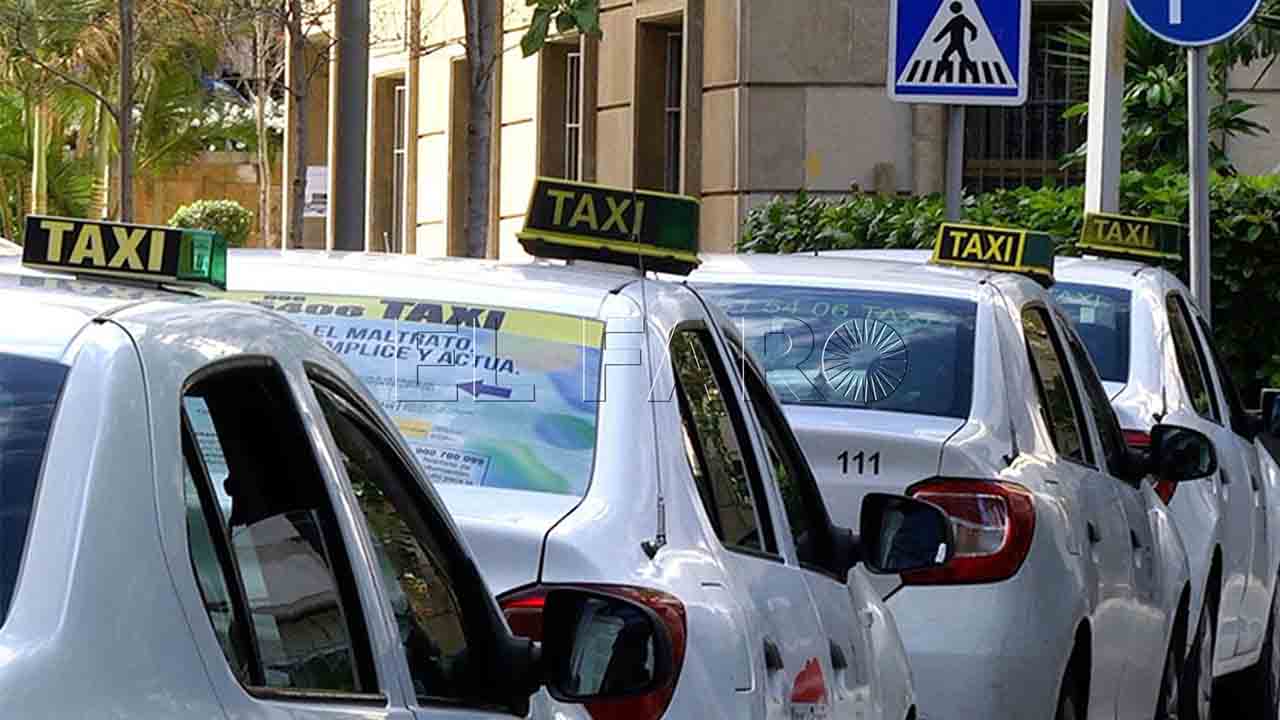The taxi sector in Ceuta announces a strike due to the lack of aid
SThere are some 400 families who depend on the taxi sector in Ceuta and who are at extreme risk of losing everything they have been fighting for for years.
Many taxi drivers were able to take advantage of the ERTE during the first state of alarm and some self-employed have received two payments from the ‘Ceuta Resiste’ program, but these aid are completely insufficient in a crisis that is lengthening over time and that is getting worse in Our city.
That is why taxi drivers will not go to work next Wednesday, November 18, with the aim that they are heard and solutions to their problems are offered.
“If solutions are not offered and the City’s position remains the same, that of not listening, the strikes will be held every Wednesday and Friday.”
David Pérez, president of the Radio-Taxi company, explains that on December 21 a total of 200 workers will be unemployed if no more aid arrives from the Public Administrations, that day is the day that the 6 months are completed. they were obliged to continue hired after the ERTE, once the obligation is fulfilled, keeping the workers is impossible.
“At least 200 parents of families will go to the streets, at least those of us who have wage earners because the situation is unviable. We don’t even earn to eat anymore, we can’t keep them because we don’t have any profit ».
The objective is to avoid this catastrophe and therefore the entire fleet will stop, Wednesday 18 and if they continue without solutions every Wednesday and Friday, for the first time in the history of this sector in Ceuta.
“We just want them to listen to us, because nobody really listens to us and the City sends us from one Council to another, making a ball. We feel abandoned and no one gives us a solution ”.
They regret that this measure will affect the elderly above all, since they assure that approximately 30 percent of the calls they receive daily are from elderly people who need to travel around the city, mainly to the hospital or medical centers, in a way that they point out that a taxi stop “is a problem for the entire city of Ceuta.”
During the confinement, the taxis were working with half the fleet, 50 percent one day and 50 on the other, but with the end of the first state of alarm they had to return to one hundred percent as it was a public service and now, with the new restrictive measures are worse than ever.
This is how José Reyes, president of the Association of Taxi Self-Employed, explains:
“The taxi does not work, the work is zero. It is affecting the entire fleet, because we have also been dragging the border problem for a year ”.
The limitation for entering and leaving Ceuta is another issue that directly affects taxi drivers, who are without travelers and without one of the most important work points next to the border: that of the maritime station.
In addition, the curfew has caused all the night activity with which they could also have clients disappear.
“And now they are considering closing everything at six in the afternoon, that they tell us how we do to work,” asks Pérez, because they are making an average income of 20 or 30 euros.

The taxi sector in Ceuta announces a strike due to the lack of aid

 — –
— –
![[사회]Over 1,000 people for three consecutive days… [사회]Over 1,000 people for three consecutive days…](https://image.ytn.co.kr/general/jpg/2020/1218/202012181553380162_t.jpg)